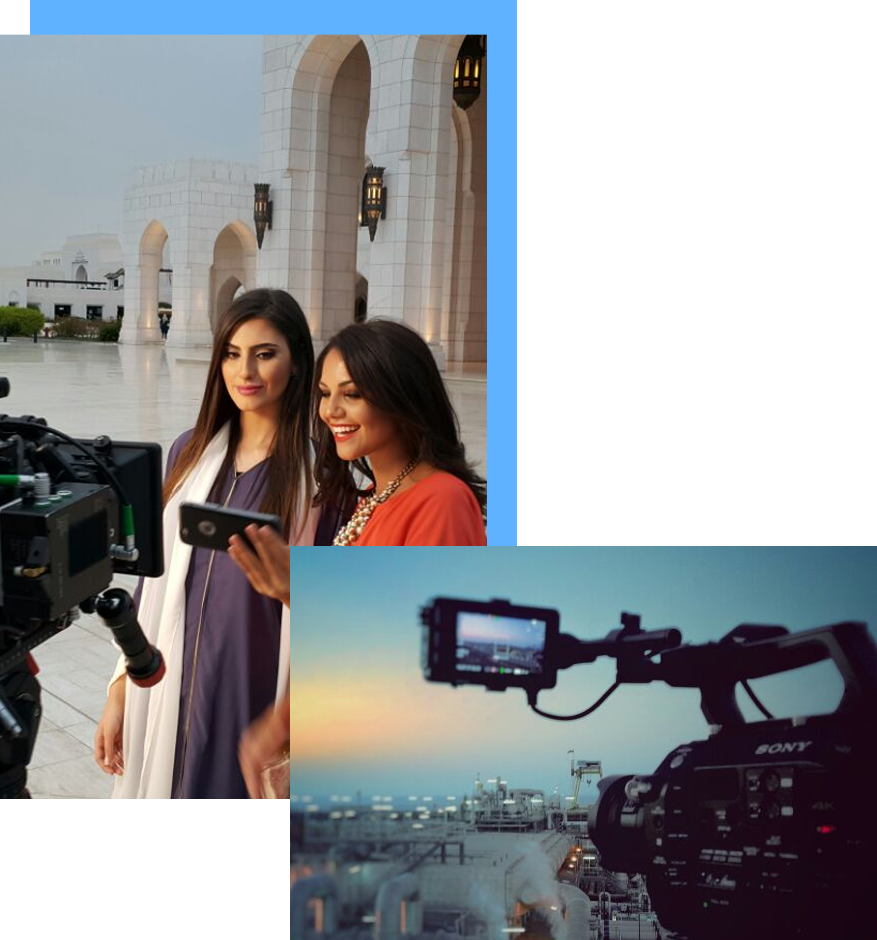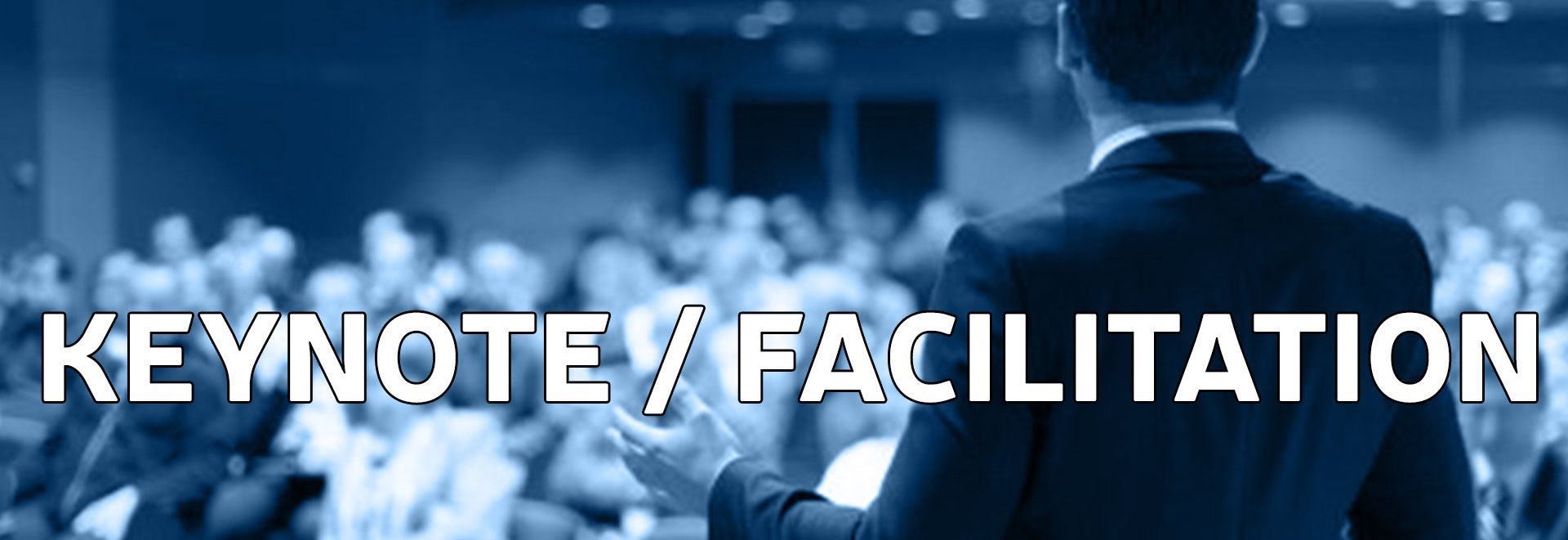
Facilitation
In my Facilitations and Keynotes I will use programs and processes drawn from some of the examples of the modular materials below. These can serve as either chapter wide events, or as rendering this material into forum retreat experiences
FILM FACILITATION
Stories are central in our lives. Over the centuries of human evolution, we have communicated what matters most to us through the lessons that stories teach us. Whether around ancient campfires, later on theater and other stages, through the written word in books and journals, to todays medium on screens of all kinds. Movies are the story-telling modality of our times.
Relationships, emotions, existential concerns and interpersonal group dynamics play a part in all of the above films, and most good movies can be tailored to highlight these or any number of other salient themes and principles, depending on the learning goals of the group.
MOVING PICTURES: EXPLORING FILM THROUGH THE LENS OF MOVIES
One of these programs, for instance, uses clips from the film “Good Will Hunting”. (Which I call “Hunting for Good Will). There are 7 scenes that portray the developing relationship between Will (Matt Damon) and Sean (Robin Williams). Throughout their process, many aspects of their relationship are affected by respective dynamics of exercising influence, strivings for dominance, deepening connectedness, empowerment, perspective taking, and heart opening awareness and intimacy. In particular, Williams has to leverage the “support and challenge” polarity in creative fashion in order to craft, deepen, threaten, cohere and transform the relationship. There are opportunities for table discussions following each of these scenes, where participants are able to explore their own perceptions and experiences of the segments, as well as reflect on and share how similar dynamics may be alive in their own life experiences.
Below are a few examples of other film related facilitations, drawing on either one or several of the following movies:


MOVING PICTURES: EXPLORING FILM THROUGH THE LENS OF MOVIES
One of these programs, for instance, uses clips from the film “Good Will Hunting”. (Which I call “Hunting for Good Will). There are 7 scenes that portray the developing relationship between Will (Matt Damon) and Sean (Robin Williams). Throughout their process, many aspects of their relationship are affected by respective dynamics of exercising influence, strivings for dominance, deepening connectedness, empowerment, perspective taking, and heart opening awareness and intimacy. In particular, Williams has to leverage the “support and challenge” polarity in creative fashion in order to craft, deepen, threaten, cohere and transform the relationship. There are opportunities for table discussions following each of these scenes, where participants are able to explore their own perceptions and experiences of the segments, as well as reflect on and share how similar dynamics may be alive in their own life experiences.
Below are a few examples of other film related facilitations, drawing on either one or several of the following movies:
LEADERSHIP:
THE SHAWSHANK REDEMPTION, 12 ANGRY MEN, LINCOLN, PRETTY WOMAN, COMPANY MEN, NORTH COUNTRY, SAVING PRIVATE RYAN, NORMA RAE, THE KING’S SPEECH, ERIN BROKOVICH, ZERO DARK THIRTY, THE IMITATION GAME, BRAVEHEART, GLADIATOR etc.
CULTURAL AWARENESS:
CRASH, AMERICAN BEAUTY, LOST IN TRANSLATION, 12 YEARS A SLAVE, HIDDEN FIGURES, BLINDSIDE, DALLAS BUYER’S CLUB, SILVER LININGS PLAYBOOK, BEASTS OF THE SOUTHERN WILD, THE HELP, BROKEBACK MOUNTAIN etc.
RELATIONSHIPS
GROUNDHOG DAY, JERRY MAGUIRE, ORDINARY PEOPLE, THE PRINCE OF TIDES, FOUR WEDDINGS AND A FUNERAL, KRAMER VS KRAMER, CASABLANCA, THE NOTEBOOK, SILVER LININGS PLAYBOOK, TITANIC, AMOUR, A SEPARATION, IT HAPPENED ONE NIGHT, UP IN THE AIR, THE DESCENDENTS, CRASH, AMERICAN BEAUTY, DANGEROUS BEAUTY, DR ZHIVAGO, THE ENGLISH PATIENT, COLD MOUNTAIN, TERMS OF ENDEARMENT, ANNIE HALL etc.
PARADOXICAL PERSPECTIVE TAKING
CONTEMPLATIVE PRACTICE AND SPIRITUAL EXPLORATION
After my undergraduate degree I spent two years traveling in the east, mostly in India and Nepal, where I spent half my time in a range of ashrams, monasteries and related settings. There I studied meditation and eastern philosophy in great depth from source teachers. Upon my return to the west, I continued this learning through an MA program in Contemplative Psychotherapy, and then a doctorate in Transpersonal Clinical Psychology.
- I have learned and practiced a wide range of contemplative and mindfulness practices, which I bring into large group work and forum retreats.
- Guided meditations are able to transport even novice beginners into a spectrum of non-ordinary states of consciousness.
- The purpose of this work is to expand awareness, enhance perspective taking and to cultivate a deep and organically felt sense of oneness with our larger selves and whatever we conceive God, Spirit and Unity to be.
- From all of this, more informed and life affirming choices are able to be perceived and selected in the service of fulfillment of the self and generativity in relationships.





 Get In Touch
Get In Touch 

